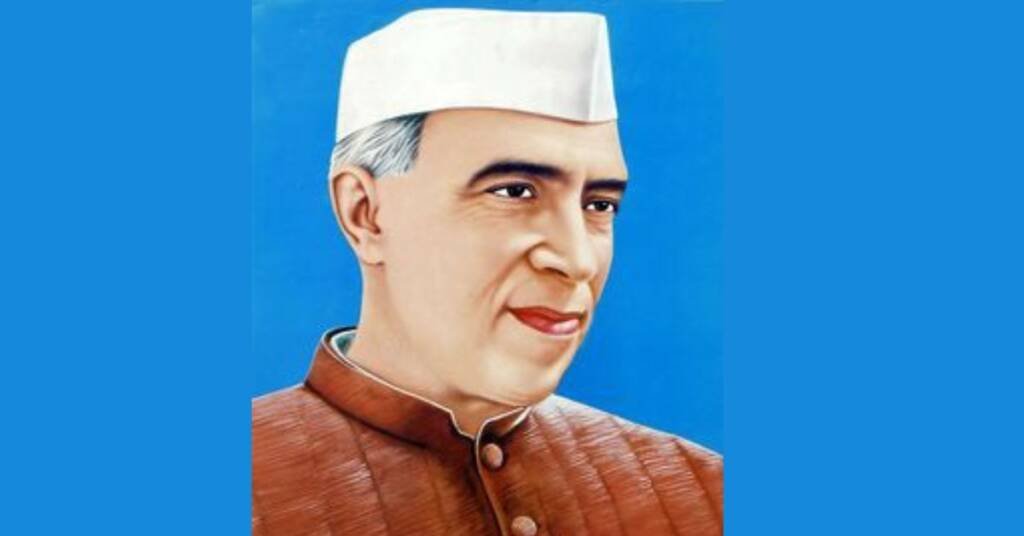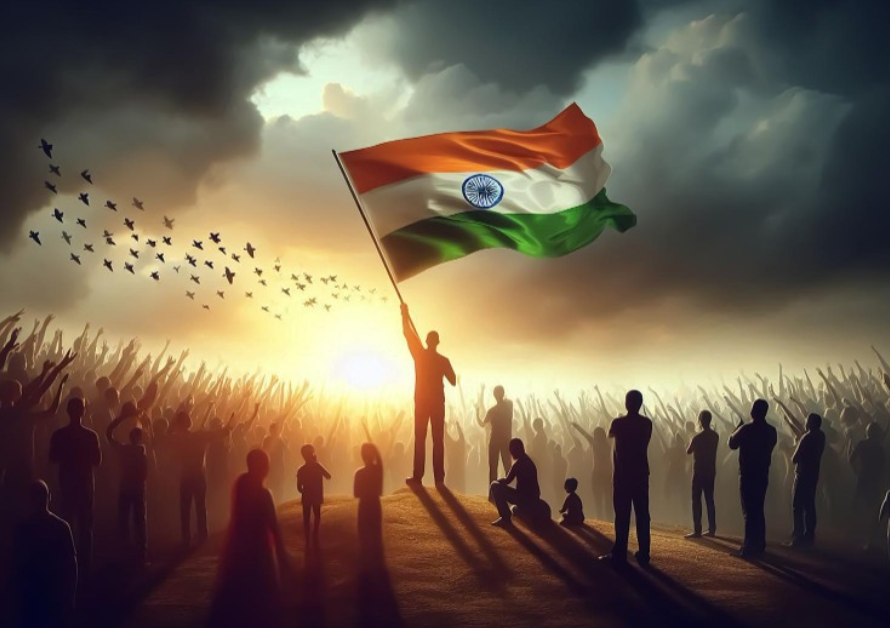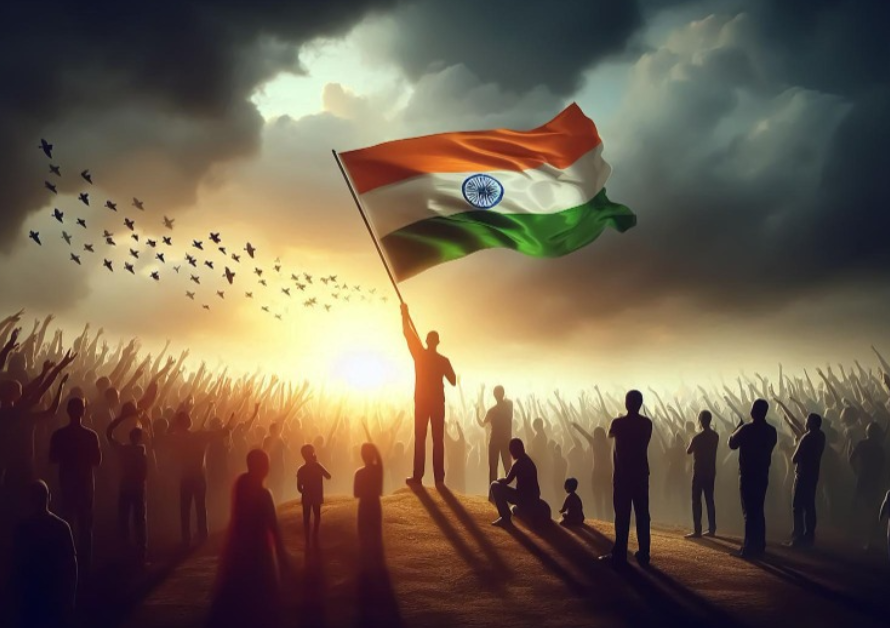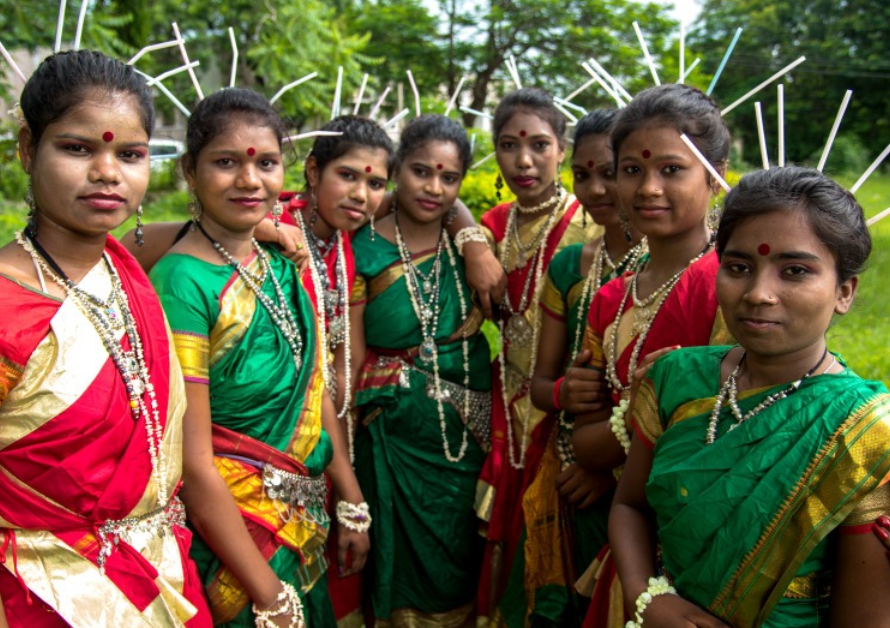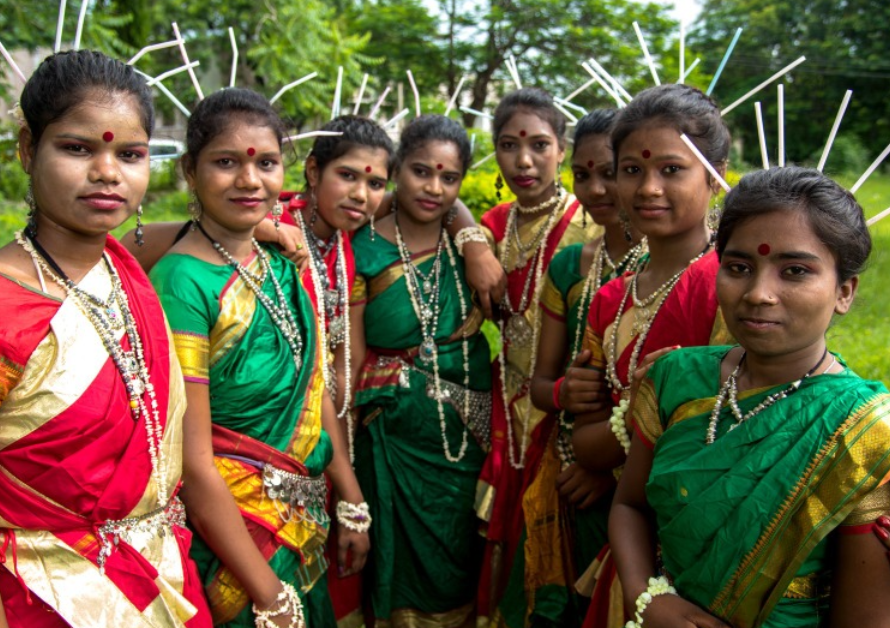Youth, there are several decisions in India’s history that are beyond our understanding. It is essential that we evaluate history with a critical perspective, rather than merely offering praise. Let’s take a look at some significant decisions made by India’s first Prime Minister, Jawaharlal Nehru, and their consequences.
Some Decisions by Nehru that Harmed India
Rejecting the Proposal for Nepal’s Merger with India (1950-51)
The King of Nepal, Tribhuvan, expressed a desire for Nepal to join India. This would have been strategically significant for India, but Nehru rejected the proposal. As a result, India-Nepal relations weakened, and China increased its influence over Nepal.
Rejecting the Proposal for Balochistan (1948)
The Nawab of Balochistan wrote to Nehru, requesting to join India. However, Nehru refused, and later, Pakistan forcefully annexed Balochistan. Today, this region has become a hub of terrorism.
Rejecting the Proposal for Gwadar Port (1947)
Oman had offered the Gwadar Port to India, which would have been important for India’s strategic and economic interests. However, Nehru declined. Now, it is under the control of Pakistan and China, and is being used against India.
Donating Coco Islands to Burma (1950)
Nehru gifted India’s Coco Islands to Burma, which later sold them to China. Today, China uses these islands to monitor India’s navy.
Loss of the Kawa Valley (1952)
Nehru gifted the scenic Kawa Valley (22,327 square kilometers) to Burma, which later came under China’s control. This area is now being used for espionage against India.
Surrender in the 1962 India-China War
Nehru rejected the Indian Air Force’s plan and surrendered in the war. As a result, India lost 14,000 square kilometers (Aksai Chin) to China. Over 3,000 Indian soldiers were martyred in this war.
Refusing to Become a Nuclear Power
Immediately after independence, the US offered India the chance to become a nuclear power, but Nehru declined. This decision slowed India’s scientific and military progress.
Rejecting Permanent Membership in the UN Security Council
Nehru missed the opportunity for India to become a permanent member of the UN Security Council and instead gave priority to China. We are still facing the consequences today, with China blocking every step India takes.
The Need to Learn from History
These decisions made by Nehru weakened India strategically, economically, and politically. It is important to evaluate these decisions so that we can be more cautious about future leaders and policies.
Youth, we must understand that there is a difference between politics and patriotism. People on social media who criticize the current government shy away from discussing Nehru’s decisions. They are more concerned about their political preferences than the country’s welfare.
The Current Scenario of Nehru’s Legacy
Nehru’s political legacy can be seen from Parliament to the streets. His descendants’ traits are still visible in Congress leadership, where blame games and the lust for power come before the country’s interests.
Message to the Youth
It is crucial for us to learn from the history hinduism in world and strengthen our country’s future. Nehru’s decisions teach us that foresight and national interest are paramount in politics. We must remain vigilant and prioritize the integrity and security of our country.
Jai Hind!
For more blogs please visit www.saveindia108.in and to join our whatsapp group please click https://chat.whatsapp.com/HxGZvlycYPlFvBO17O3eGW

